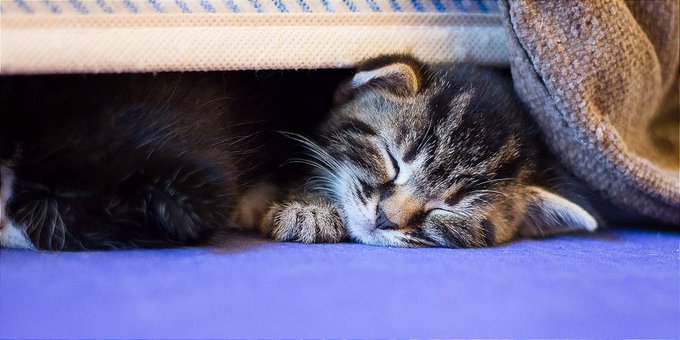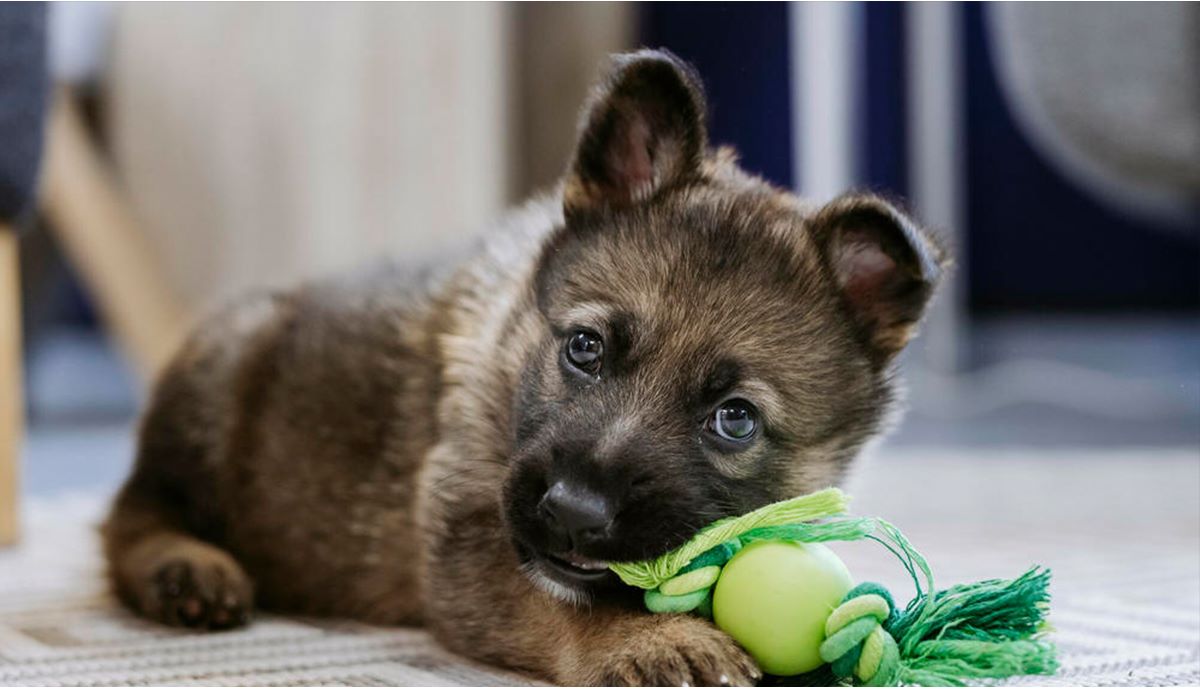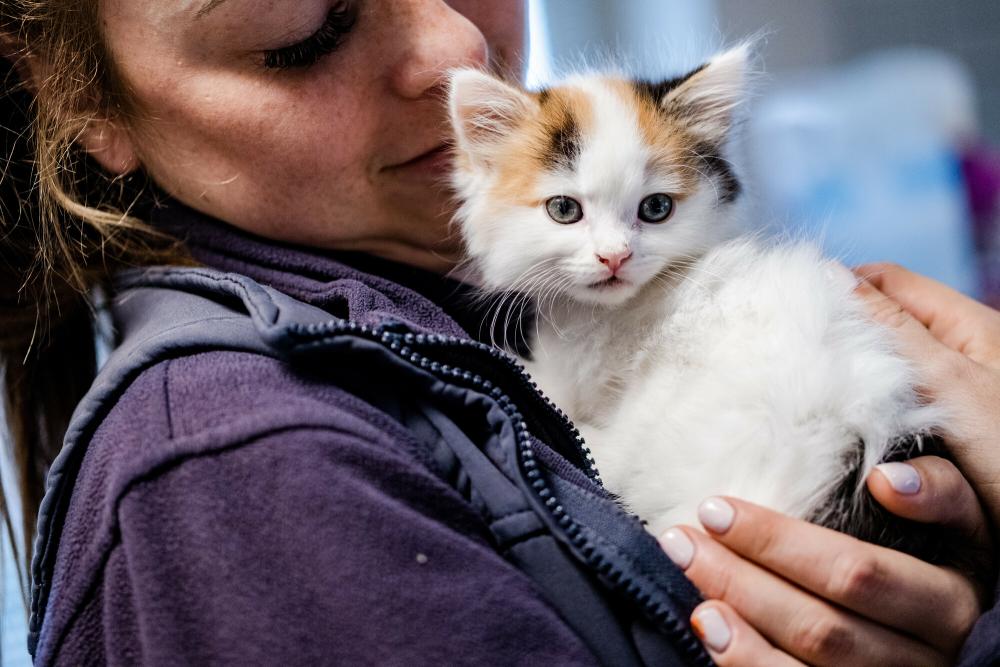Keep Your Pets Safe This Easter

Easter is a time of fun and celebration, but it’s important to keep our four-legged friends safe from seasonal hazards. Whether you’re enjoying long countryside walks with your dog or indulging in a delicious chocolate egg, there are some risks to be aware of that could make your pet unwell.
Many pet owners see their furry companions as part of the family and want to include them in the festivities. However, some of the foods we enjoy at this time of year, as well as certain flowers and decorations, can pose a danger to our pets. To help ensure a safe and happy Easter for everyone, we’ve put together some important tips:
Chocolate
Chocolate contains theobromine, a stimulant that is highly toxic to pets. Even small amounts can be dangerous, so it’s essential to keep all chocolate eggs and treats well out of reach. Remind family members and guests not to share their chocolate with your pet. To make sure your furry friend doesn’t feel left out, have their favourite pet-friendly treats on hand while you enjoy your Easter egg.

Hot Cross Buns
A classic Easter treat, hot cross buns often contain raisins, currants, or sultanas—all of which are toxic to cats and dogs. Ingesting even a small amount can cause severe health issues. Always store these treats securely and avoid leaving them unattended in areas where pets might reach them.
Easter Grass
The decorative shredded grass often used in Easter baskets can be a hidden hazard. Many of these grasses are made of plastic or synthetic materials, which can be harmful if swallowed. To keep your pet safe, consider using tissue paper as a pet-friendly alternative and ensure all decorations are kept well out of reach.
Easter Plants
Bright and colourful spring flowers bring joy to our homes and gardens, but some can be toxic to pets. Lilies, for example, contain toxins that can cause kidney failure in cats, while daffodils contain alkaloids that can lead to vomiting, diarrhoea, and excessive salivation. Be particularly cautious with bulbs, as they tend to be the most toxic part of the plant.
Spring Bulbs
All spring bulbs—and the flowers that grow from them—can be dangerous to pets. Dogs, in particular, may dig them up while exploring the garden, especially when freshly planted in autumn or blooming in spring. Keep a close eye on your pet when outdoors and consider fencing off areas where bulbs are planted.

Human Sweets
Never give your pet human sweets, especially sugar-free varieties, as they may contain xylitol—a synthetic sweetener that is highly toxic to dogs and cats. Always check ingredients carefully and keep all sweets and treats stored securely.
Roast Dinner
Many of us will sit down to enjoy a traditional Easter roast, but it’s important not to share table scraps with your pet. Fatty meats such as pork or ham can upset their stomachs, while certain seasonings and ingredients can be harmful. Make sure everyone in your household knows not to feed your pet from the table. Instead, offer them a safe and tasty pet-friendly treat so they can enjoy a little Easter indulgence too.
If Your Pet Eats Something They Shouldn’t
If you suspect that your pet has eaten something toxic or harmful, contact your vet immediately. They will be able to provide advice and recommend the best course of action based on what your pet has ingested.
By keeping these simple tips in mind, you can ensure that Easter is a safe and happy time for both you and your beloved pet!


